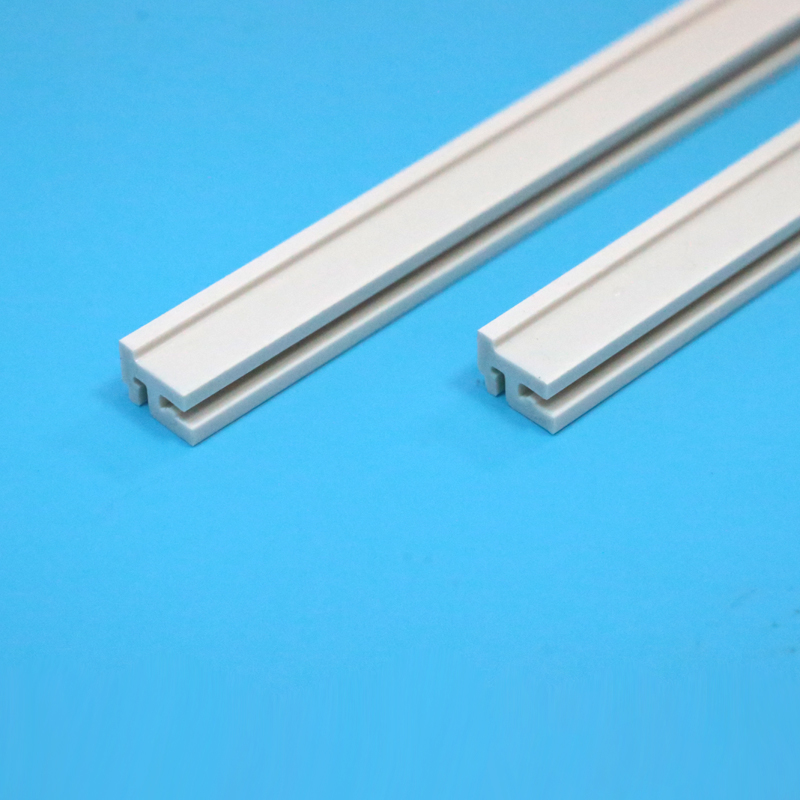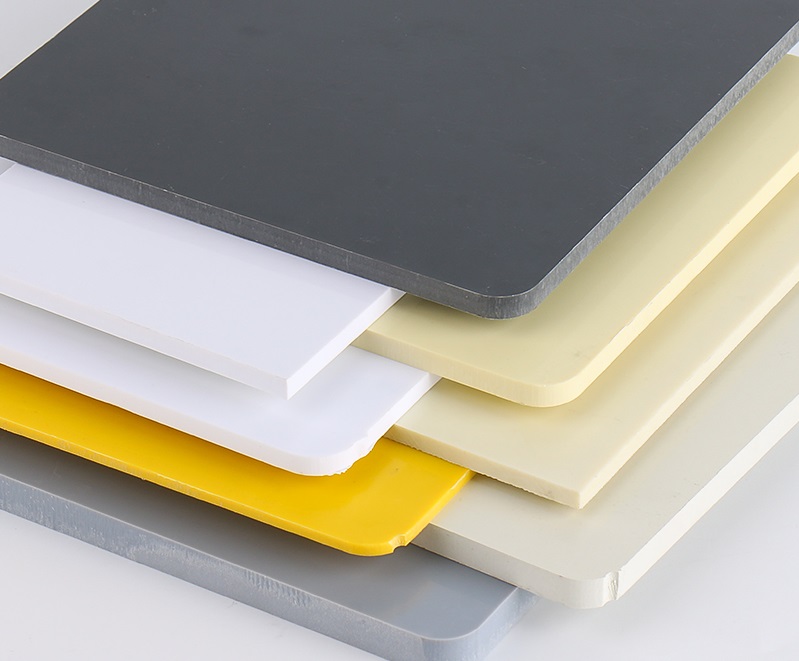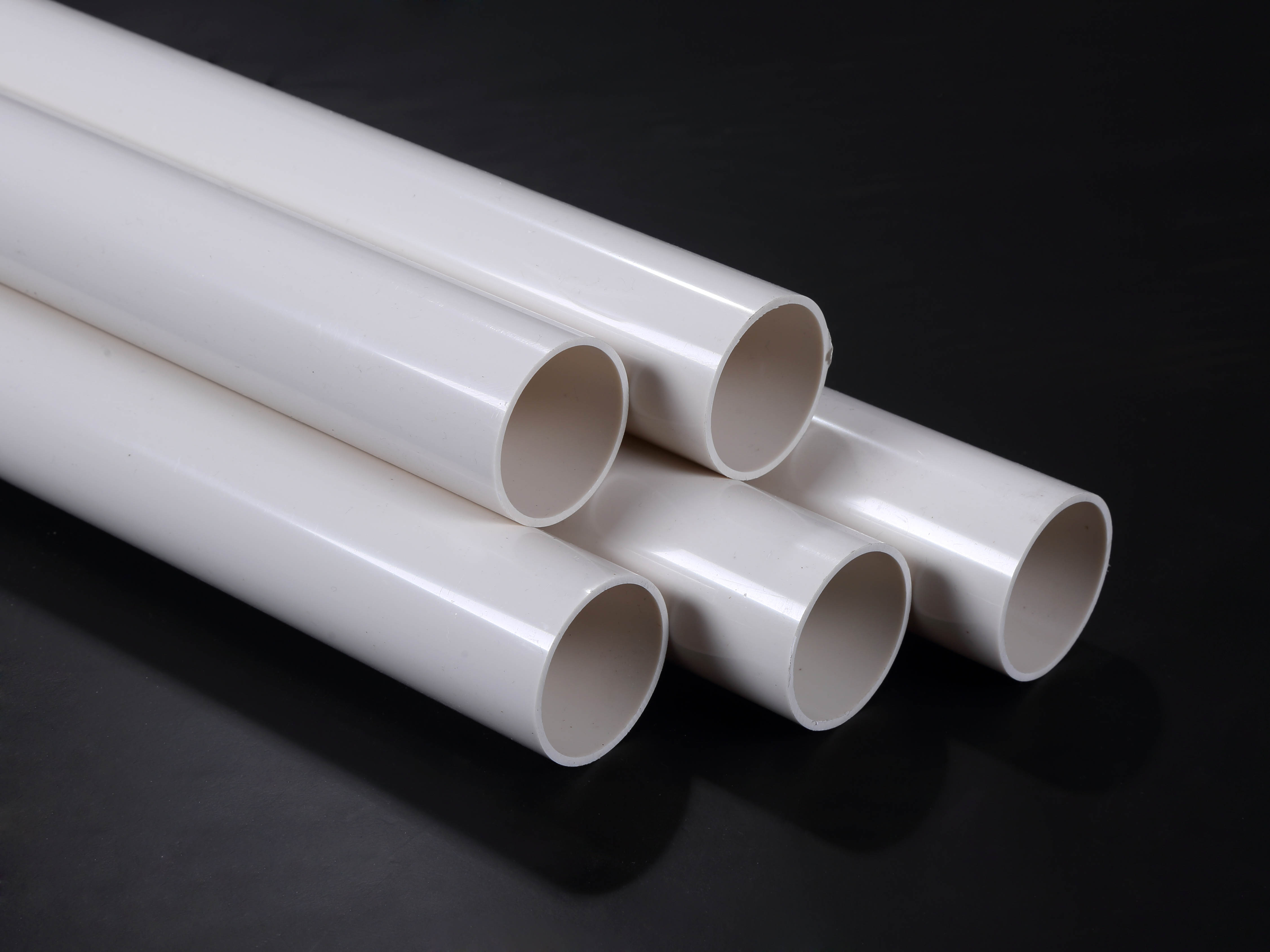News
- Industry news
Industry news
Plastic science - PVC
What is PVC?
Polyvinyl chloride (PVC), referred to as PVC, is a polymer of vinyl chloride monomer (VCM) in peroxide, azo compounds and other initiators or under the action of light and heat polymerization of free radical polymerization reaction mechanism. Vinyl chloride homopolymer and vinyl chloride copolymer are called vinyl chloride resin. PVC was once the world's largest production of general purpose plastic, the application is very wide. In building materials, industrial products, daily necessities, floor leather, floor tiles, artificial leather, pipe, wire and cable, packaging film, bottles, foam materials, sealing materials, fibers and other aspects are widely used.

What are the types of PVC products?
1, unplasticized polyvinyl chloride (UPVC or PVC-U), its composition does not contain plasticizers.
2, rigid polyvinyl chloride (RPVC or PVC-R), its composition contains only a very small amount of plasticizer added to improve the processability, usually not more than 10 parts of plasticized polyvinyl chloride.
3, soft polyvinyl chloride (PPVC or SPVC, also expressed as PVC-P or PVC-S), the plasticizer content can usually reach 20% to 60%.
4. Polyvinyl chloride or polyvinyl chloride sol (PVC paste or PVC plastisol), the plasticizer content in its composition can usually reach 45% to 80%.

Characteristics of PVC
1. Good plasticity.
PVC material can be processed into products of various shapes and specifications through hot processing, mechanical processing and chemical processing, with strong plasticity and easy processing, and is one of the main materials in plastic processing.
2. Corrosion resistance.
PVC material has excellent acid and alkali corrosion resistance, especially for acidic substances, more corrosion resistance.
3. Good electrical insulation performance.
PVC material has excellent electrical insulation performance, high voltage resistance, and is suitable for electrical and electronic devices.
4. Safety and environmental protection.
PVC material in the production and use process, will not produce harmful substances, meet the requirements of environmental protection, and long service life.
5. Good chemical stability
6. Due to high chemical stability, it can be used to make anti-corrosion pipes, pipe fittings, oil pipelines, centrifugal pumps and blowers.
7. High mechanical strength
8. High mechanical strength and good corrosion resistance. Can be used to make chemical, textile and other industries exhaust gas detoxification tower, gas liquid conveying pipe, but also can replace other corrosion resistant materials to make storage tanks, centrifugal pumps, fans and joints

PVC injection molding process
1. Dry
Due to the presence of chloride ions, PVC materials will slightly absorb water, so they must be dried at 75-90 ° C for about 1.5-2.5h before production starts.
2, melting temperature
Melting temperature is one of the most important process parameters for PVC processing. If the appropriate temperature is not set, it may cause the material to decompose. PVC is an amorphous polymer that does not have a definite melting point. It usually melts when heated to 120-145 ° C, but hydrogen chloride fumes are released at 150 ° C, and large amounts of HCl are released when heated to 180 ° C. Because it releases toxic gases during injection molding, a large amount of heat stabilizer is required before the processing process. The adjustable injection temperature range is very narrow. In the injection molding process, the common temperature is between 140 and 160 ° C; Sometimes the temperature can reach 190 ° C, but the injection time should be maintained within 20 minutes, otherwise the material will be seriously decomposed. Since the injection temperature of the material is close to the decomposition temperature, during the injection, the temperature should be kept as low as possible and the injection cycle as short as possible in order to reduce the time the material remains in the barrel.
3, plastic mold temperature
Keep the plastic mold temperature as low as possible, shorten the injection cycle, and reduce the deformation of small and thin plastic parts.
4. Runner and rubber mouth
PVC has poor fluidity, so the mold gate and runner should be as large, short and thick as possible to minimize pressure loss and fill the mold cavity as soon as possible. In short, high pressure and low temperature are more suitable.
5, injection pressure
Injection pressure up to 150MPa; The pressure can reach 100MPa. Injection speed: An appropriate injection speed must be used to avoid material decomposition.
Things to pay attention to when PVC processing
1. The processing temperature should not be too high
2. It is recommended to use PVC special screw for processing
3. The fluidity of PVC materials will be worse than other materials, at this time we generally recommend users to change the injection aperture to more than 3-5mm before processing, especially for larger products, which is particularly important, and it is not recommended to use the mold at the point of the intersection to produce products, which is difficult to form.
4. Mold design and manufacturing
5. Processing technology and equipment selection






